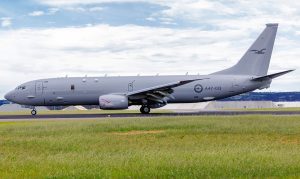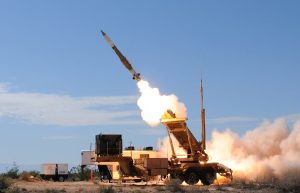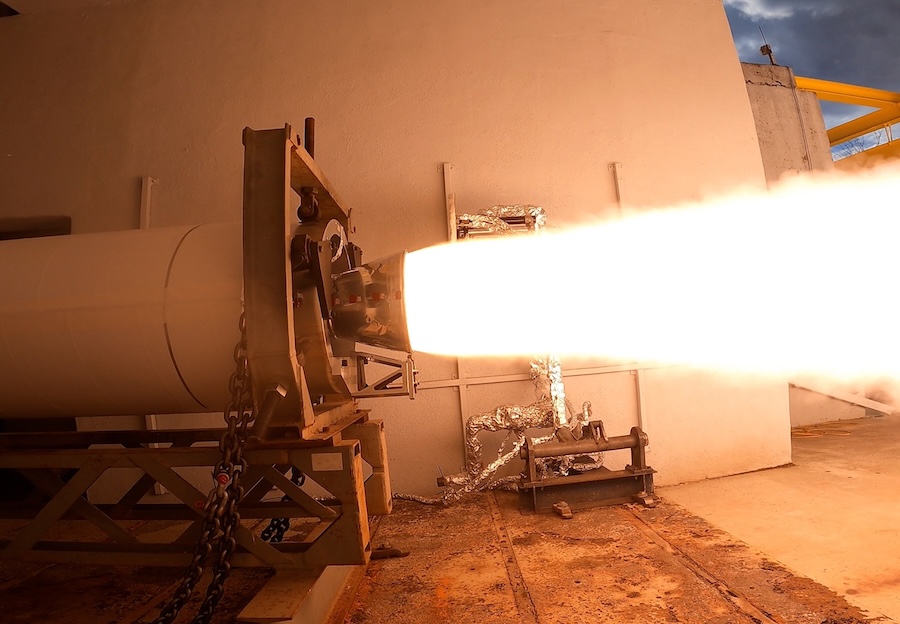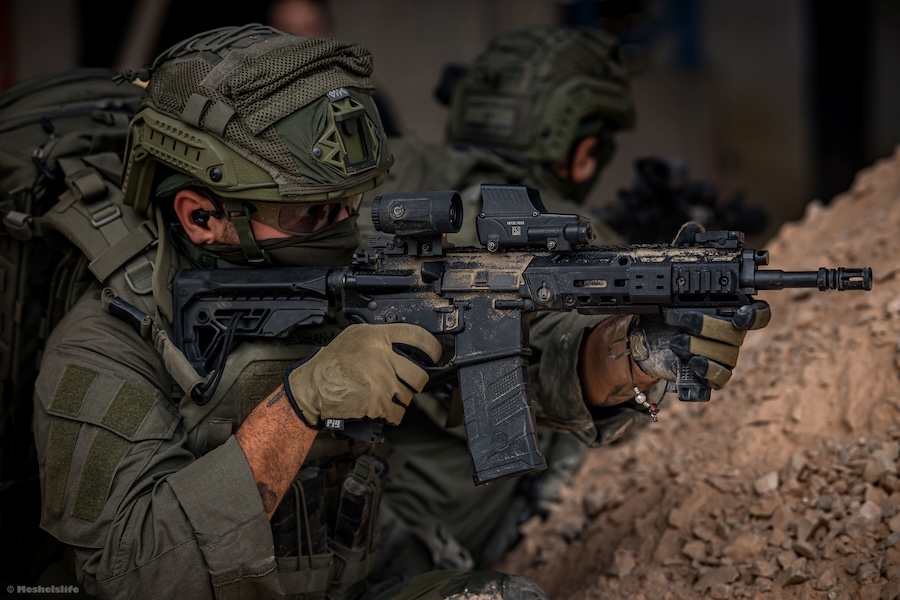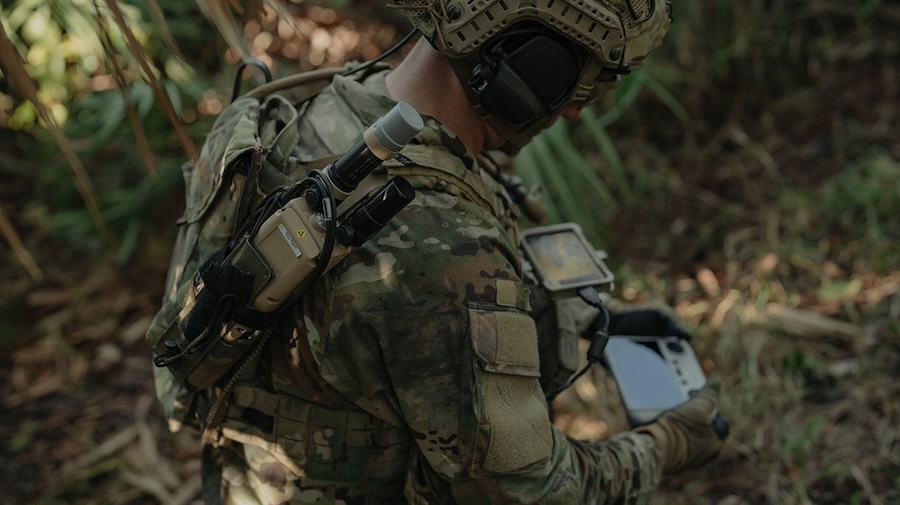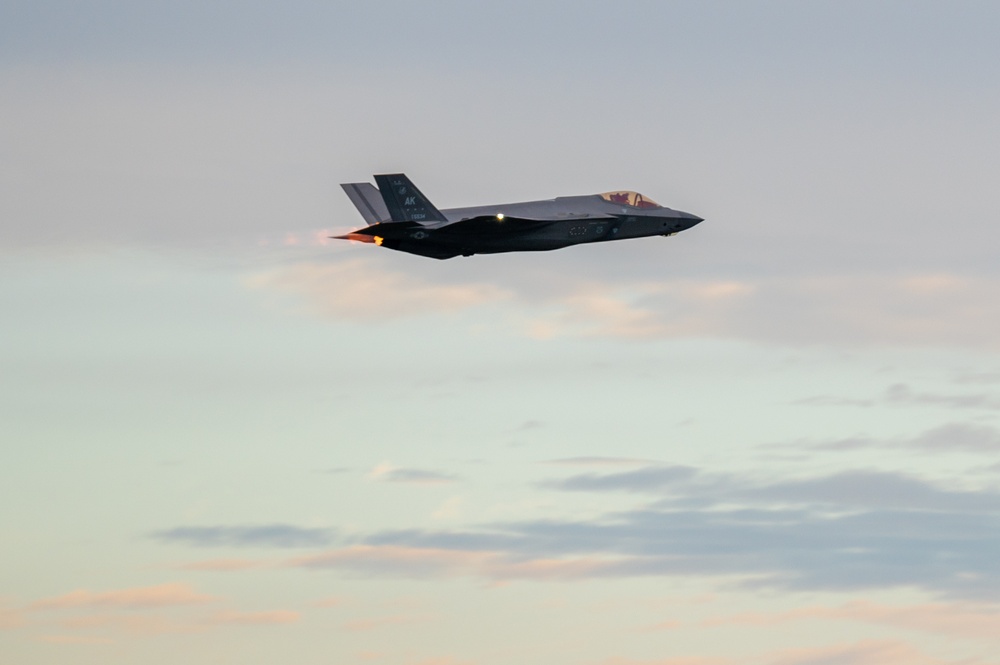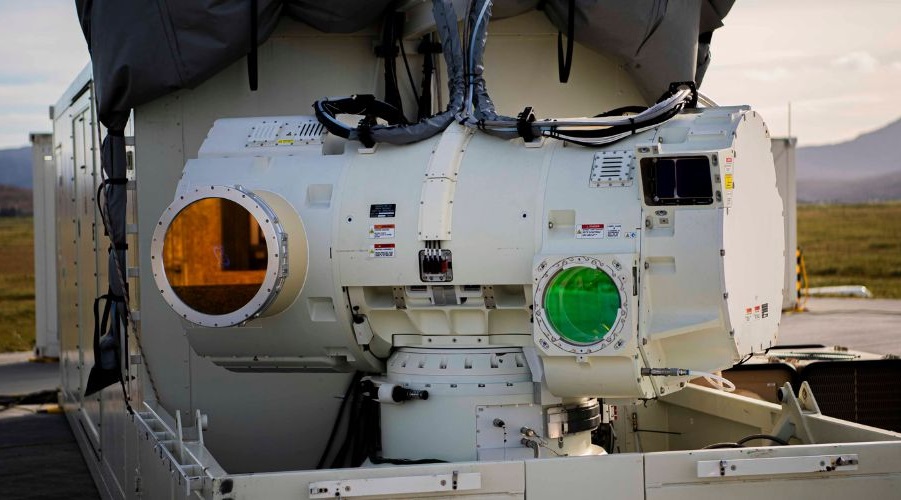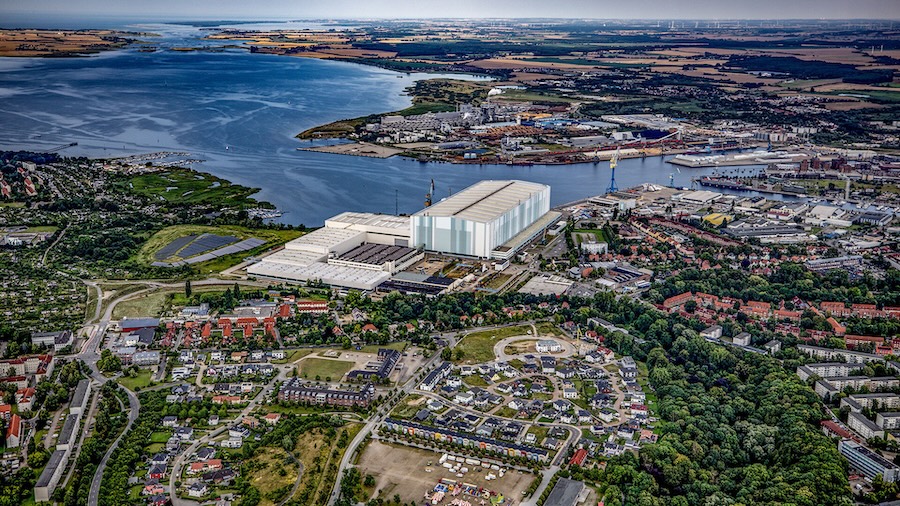The trial aims to enhance customer support and improve Boeing’s responsiveness during surge and emergency conditions. Under RDR, Boeing and DLA jointly identify a candidate list of parts, and when demand arises, Boeing receives an immediate award to act without waiting for the standard proposal and approval stages.
The first RDR execution was completed by Boeing’s Government Services team with deliveries for U.S. Air Force F-15 aircraft. The customer received all parts several months earlier than under conventional timelines, validating the new process’s speed and readiness for urgent and high-priority requirements, including Aircraft on Ground (AOG) and surge support.
“The customer is very pleased with the concept so far,” said Ian Fairless, DLASP Program senior manager. “They are learning quickly and making process changes as issues come up. It is great to know that we are supporting the customer and warfighter to get parts they need sooner. The next step is continuing the platform-by-platform kickoff and expand support with a larger part list. Congrats to the team for launching this concept and finding new ways to provide for our customers.”
RDR aligns contract structure, supply chain responsiveness and internal execution to deliver aircraft parts faster than the legacy transactional spares process. The approach offers a measurable advantage for customers who require rapid delivery and supports Boeing’s broader strategy of improving proposal performance and operational efficiency.
Following the success of the F-15 trial, DLA has expressed interest in expanding the RDR model to additional aircraft platforms. Tests involving F/A-18 and AV-8B parts are underway, and Boeing is mobilising its supply chains in Mesa, Arizona, and Philadelphia, Pennsylvania, to support upcoming Vertical Lift platform deliveries.
Source: Boeing.



